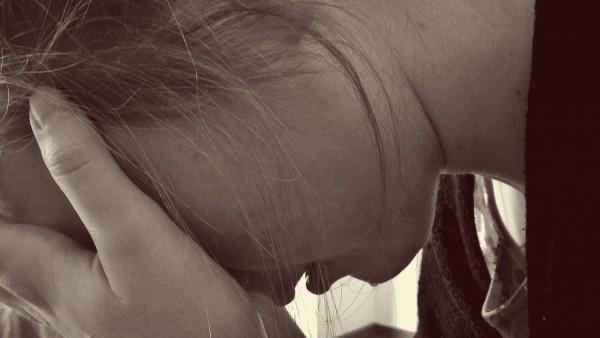
As a parent, you've probably done all you can to protect your teenage son or daughter from harmful habits. Finding out that your teen child has fallen into the grips of substance addiction may have caused a mixed bag of emotions from anger to confusion to erupt. And that's completely natural.
However, for the good of your teen, showing signs of resentment and giving them the cold shoulder is no way to help. You yourself might be confused as you've never gone through this.
In this article, I'll be guiding you on what you can do to help your child recover from addiction.
Look for a Therapist
It's more difficult for a teen to recover from addiction when compared to adults. But it's not the end of the world. A therapist is a licensed mental health professional whose job is to help those who seek help by proving the resources, support, and judgment-free guidance to their patients.
Some therapists specialize in teenagers with substance abuse, and some of them may offer both individual and/or group therapy. It's important that you have an open discussion with your teen on which type he or she feels comfortable with.
It's important to respect your child's privacy. If they are not willing to share what they talked about with their therapist, don't force it out of them. Teens are less likely to open up if the parents know what they are up to.
Sending Your Teen to a Rehab Center
The therapist may suggest that you send your teen to a rehab center, or your child may prefer treatment away from home. Don't be alarmed. There are plenty of treatment and drug rehab centers like The Holistic Sanctuary that can cater to teenagers.
You can expect a rehab center to offer 30 to 90-day programs where patients usually stay in the provided accommodation. The days are usually structured the same so that the residents experience the least amount of stress.
Common activities include morning activities like yoga, morning meetings, individual and group therapies, and some free time for recreational activities like sports and meditation.
Provided you look for a reputable rehab center, these temporary homes offer a safe space for your teenager. They have on-site professionals who can support your child when he or she starts experiences symptoms of withdrawal.
Create a Healthy Environment at Home
Post-recovery is a vulnerable situation to be in. As a parent, it's your responsibility to make sure that you're supportive of your child's progress.
This can be in the form of having a heart-to-heart conversation and telling your child how proud you are of his progress or making sure that you yourself exhibit good behavior.
It's easy for you to say that you can smoke and drink because you're an adult. But this can trigger a relapse in your child. If you can't be a good model for them, then it's going to be that much harder for a struggling teen.
You may need to make big changes in your house rules such as no drinking at home, but your future self will thank you for that.

